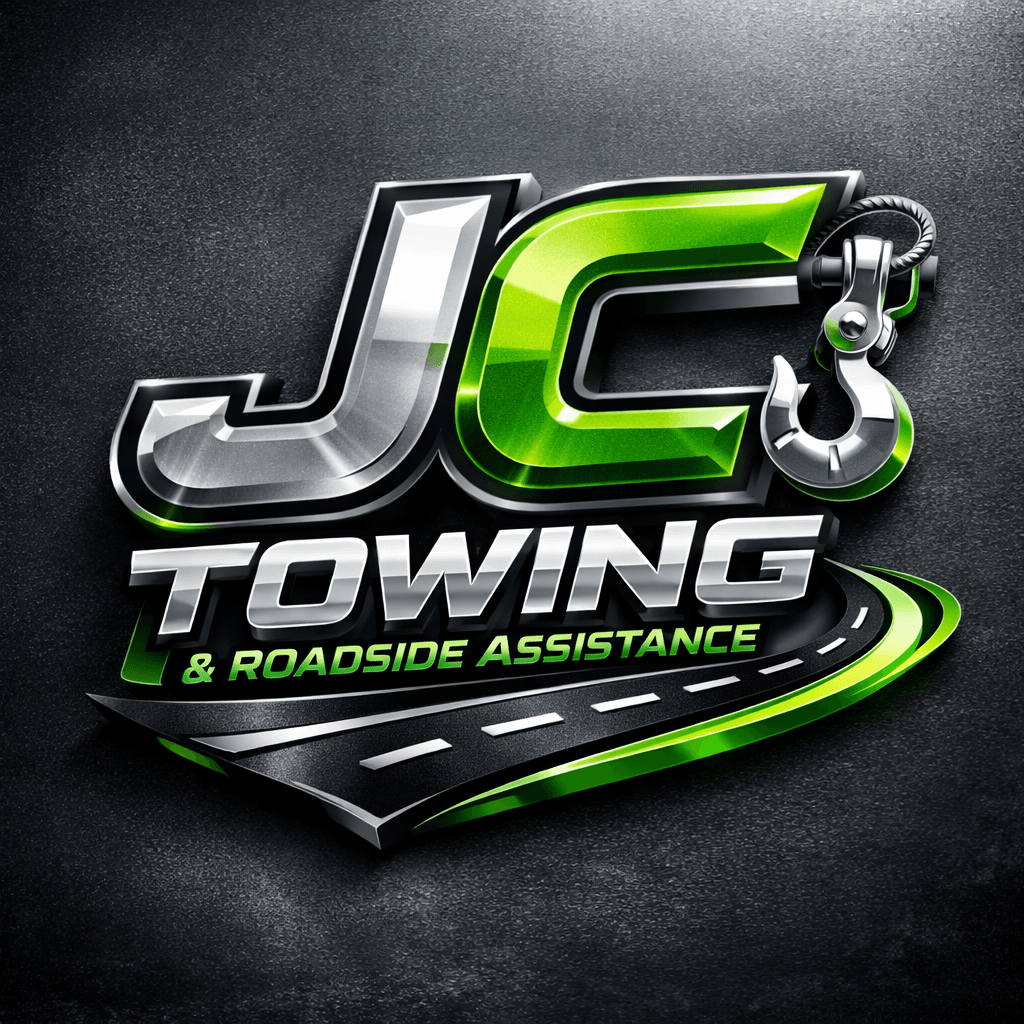Expert Tips on Avoiding Common Towing Mistakes
Understanding the Basics of Towing
Towing may seem straightforward, but it involves a lot more than just hooking up a vehicle and driving away. It's crucial to understand the weight limits and towing capacities specified by your vehicle's manufacturer. Exceeding these limits can lead to dangerous situations on the road. Always check your vehicle's manual for the maximum towing capacity to avoid overloading.
Additionally, it's important to use the right equipment. This includes choosing the correct hitch and ensuring all towing accessories are compatible with both the towing vehicle and the trailer. Incorrect equipment can result in poor handling and increased risk of accidents.

Properly Distributing Weight
One of the most common mistakes in towing is improper weight distribution. Uneven weight can cause swaying, difficulty in braking, and increased wear on your vehicle's suspension. To avoid these issues, distribute the weight evenly across the trailer.
It's advisable to place about 60% of the load in the front half of the trailer. This helps maintain stability while driving. Using load-leveling hitches can also assist in distributing weight more evenly, providing a smoother towing experience.

Securing Your Load
Ensuring your load is securely attached is of utmost importance. Loose items can shift during transit, leading to loss of control or even detachment from the trailer. Use quality tie-down straps and check that all items are firmly secured before starting your journey.
Regularly inspect your load during stops to ensure everything remains in place. It's better to spend a few extra minutes checking than to deal with potential accidents or damages later.

Maintaining Safe Driving Practices
Towing changes how your vehicle handles, so it's important to adjust your driving habits accordingly. Increased stopping distances are necessary when towing, so maintain a safe distance from other vehicles. Additionally, take turns more slowly and allow for longer acceleration times.
Practice driving with a trailer in a safe area before heading out on busy roads. Familiarize yourself with maneuvering, reversing, and parking with the added weight. This practice can significantly reduce stress and enhance safety during your trip.
Regular Maintenance Checks
Before embarking on any towing journey, perform a thorough maintenance check on both your vehicle and trailer. Ensure that brakes, lights, and tires are in good condition. Pay special attention to tire pressure, as underinflated tires can lead to blowouts.
Regular maintenance not only ensures safety but also extends the lifespan of your equipment. Keeping up with maintenance schedules helps prevent unexpected breakdowns on the road.

Understanding Local Regulations
Each region has specific laws and regulations regarding towing, including speed limits, lane restrictions, and equipment requirements. Familiarize yourself with these rules to avoid fines and ensure a legal towing experience.
Some areas require additional permits or inspections for certain types of trailers. It’s important to verify these requirements before setting out on your journey to avoid any legal issues.
Utilizing Advanced Technology
Modern vehicles come equipped with a variety of technologies designed to aid in towing. Features like trailer sway control, rearview cameras, and integrated brake controllers can enhance safety and ease of use. Take advantage of these technologies if available in your vehicle.
If your vehicle doesn't come with these features, consider after-market solutions that can offer similar benefits, providing you with peace of mind during your travels.

Preparing for Emergencies
No matter how well-prepared you are, emergencies can happen. Keep an emergency kit that includes items like flares, reflective triangles, and a first-aid kit. Knowledge of basic roadside repairs can also be incredibly helpful.
Having a plan in place for unexpected situations, such as tire blowouts or mechanical failures, ensures that you can handle emergencies efficiently and safely.
